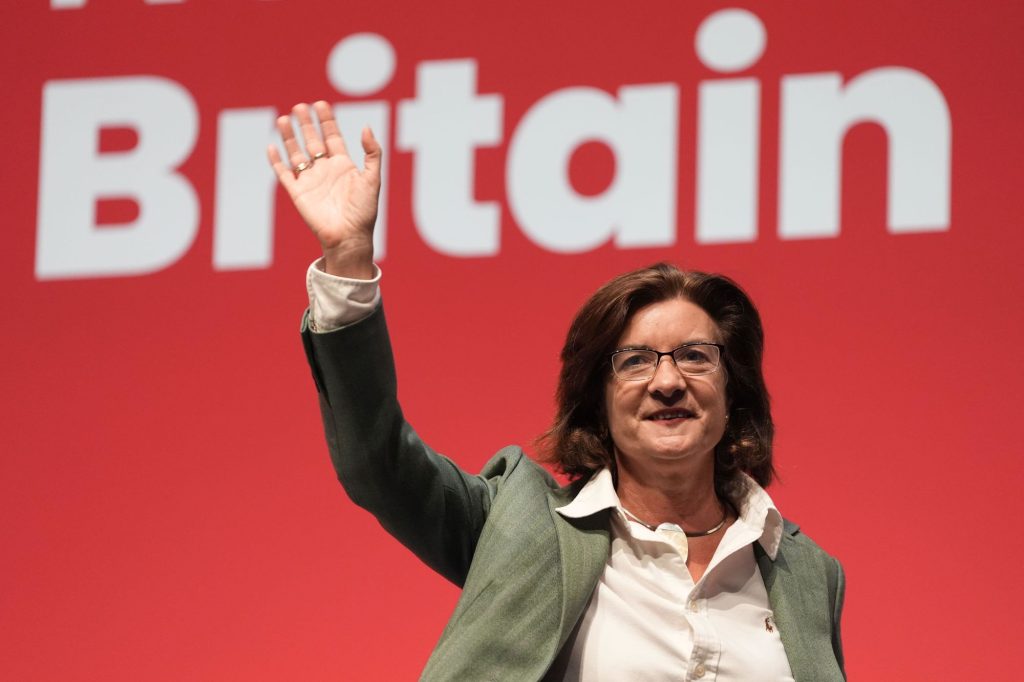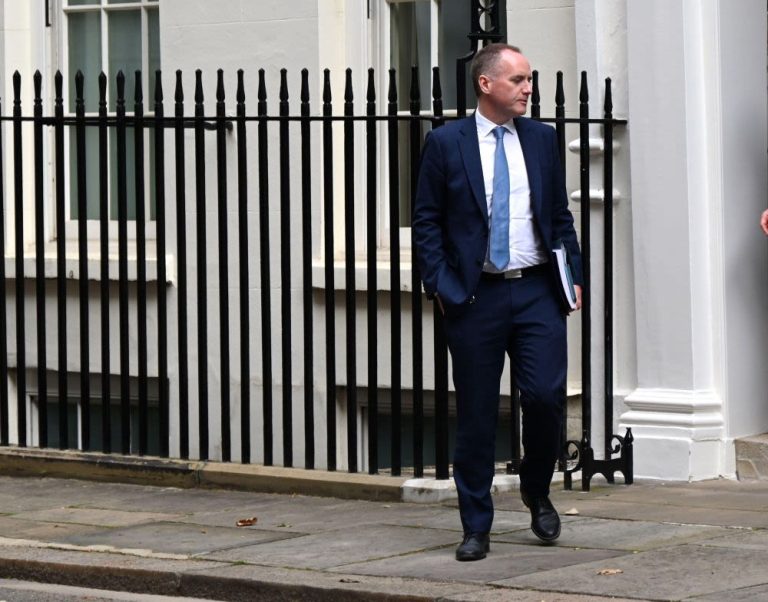
3CPYH87 Wales First Minister Eluned Morgan at the Labour Party Conference at the ACC Liverpool. Picture date: Sunday September 28, 2025.
A looming electoral shake-up in Welsh politics
Wales stands on the brink of a political turning point. Labour has held sway in the Senedd since its creation in 1999, yet recent polling paints a starkly different picture. A YouGov survey in September placed Labour third on just 14 percent, trailing Reform UK at 29 percent and Plaid Cymru at 30 percent. With May’s Senedd elections approaching, Eluned Morgan, First Minister of Wales, delivered a stark warning at Labour Party conference in Liverpool: Westminster figures have been “slow to realise” the threat Labour faces in its historic Welsh heartland.
Eluned Morgan’s call for urgent action
Speaking to PoliticsHome, Morgan emphasised the need for colleagues in Westminster to grasp “what’s at stake” in Wales. Upon taking office in August 2024, she embarked on a personal listening tour across the country, knocking on doors in urban valleys and rural communities alike. “I heard people’s concerns—unfiltered and raw,” she said. “Their priorities were clear: jobs, the NHS, public transport, housing, even potholes.” Her mission in Liverpool was to refocus Labour’s wider leadership on backing Welsh candidates and crafting a compelling vision for devolution.
Lessons from decades of dominance
Labour’s roots in Wales run deep. The party has consistently topped Senedd and UK general election results here, with iconic Welsh leaders like Keir Hardie, Jim Callaghan and Neil Kinnock reinforcing those ties. Yet two key challenges now threaten to undercut that legacy:
- An ageing Senedd bench: Over a quarter of current Labour Members of the Senedd are stepping down before 2026’s poll, including former First Ministers Mark Drakeford and Vaughan Gething. Morgan insists this exodus reflects natural retirement, not a crisis of confidence.
- Proportional representation: The D’Hondt system used for Senedd elections typically rewards smaller parties. Should Reform or Plaid top the polls, Labour may find itself in the unusual position of opposing a majority challenger or negotiating a coalition.
Coalition calculus in a hung Senedd
If polls hold and Plaid Cymru or Reform UK emerge as the largest party, neither is likely to secure an outright majority. Under those circumstances:
- Reform UK: Morgan has ruled out any alliance with Nigel Farage’s party, labelling its brand of “divisive nationalism” a threat to public services that rely heavily on overseas-trained professionals.
- Plaid Cymru: Party leader Rhun ap Iorwerth remains the more likely coalition partner. While Plaid demands greater financial autonomy and talks of independence, Morgan argues their nationalism is “cheeky” – seeking more funds from Westminster even as they push for separation.
Labour has always governed as a minority or in loose coalition. Morgan’s stance is to negotiate only after the votes are counted, but she confirms readiness to work with Plaid to deliver stable government.
’Different nationalisms’ and the risk of division
Morgan draws a clear distinction between the two challengers: Reform’s “identity nationalism” that ostracises communities versus Plaid’s cultural nationalism seeking a stronger Welsh voice. She warns that Reform’s rhetoric on stopping immigration would harm the NHS and public services, often delivered by staff from overseas – an approach she rejects as “not sensible.”
Conversely, she criticises Plaid for wanting the best of both worlds: independence alongside continued financial support from the UK. “If you champion independence, you can’t also demand more cash from the very entity you’d leave,” she says, highlighting the inconsistency in Plaid’s position.
Reconnecting with Welsh voters
To counter these threats, Morgan’s strategy centres on revitalising Labour’s grassroots engagement. Her whirlwind tour produced two clear objectives:
- Rebuild trust: By demonstrating active listening and swift policy responses on issues such as housing affordability and reliable transport, Labour aims to bridge the disconnect caused by long incumbency.
- Articulate a future vision: Beyond reactionary promises, Morgan seeks to inspire with plans for digital innovation, renewable energy projects and economic diversification to modernise Wales’ economy.
Her appeal is that fighting for Labour in Wales isn’t just a local cause but vital for the party’s national prospects. “Supporting us in May’s Senedd elections helps safeguard Labour’s base across the UK,” she told delegates, urging MPs to shoulder that responsibility.
Focus on the prize: May’s Senedd vote
With local and UK political figures focusing on general elections, Wales’ devolved poll risks slipping from the radar. Morgan’s mission in Liverpool was to thrust Welsh issues back into the spotlight and remind Westminster colleagues that ignoring Wales could cost Labour dearly. She believes the party is “starting to wake up” to the electoral risk – but time is short. As the clock ticks down to May, every rally, every doorstep conversation and every manifesto promise will determine whether Wales remains Labour’s stronghold or becomes ground zero for a new political landscape in the UK.





